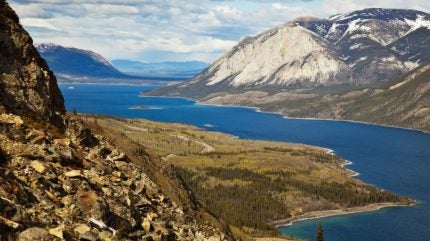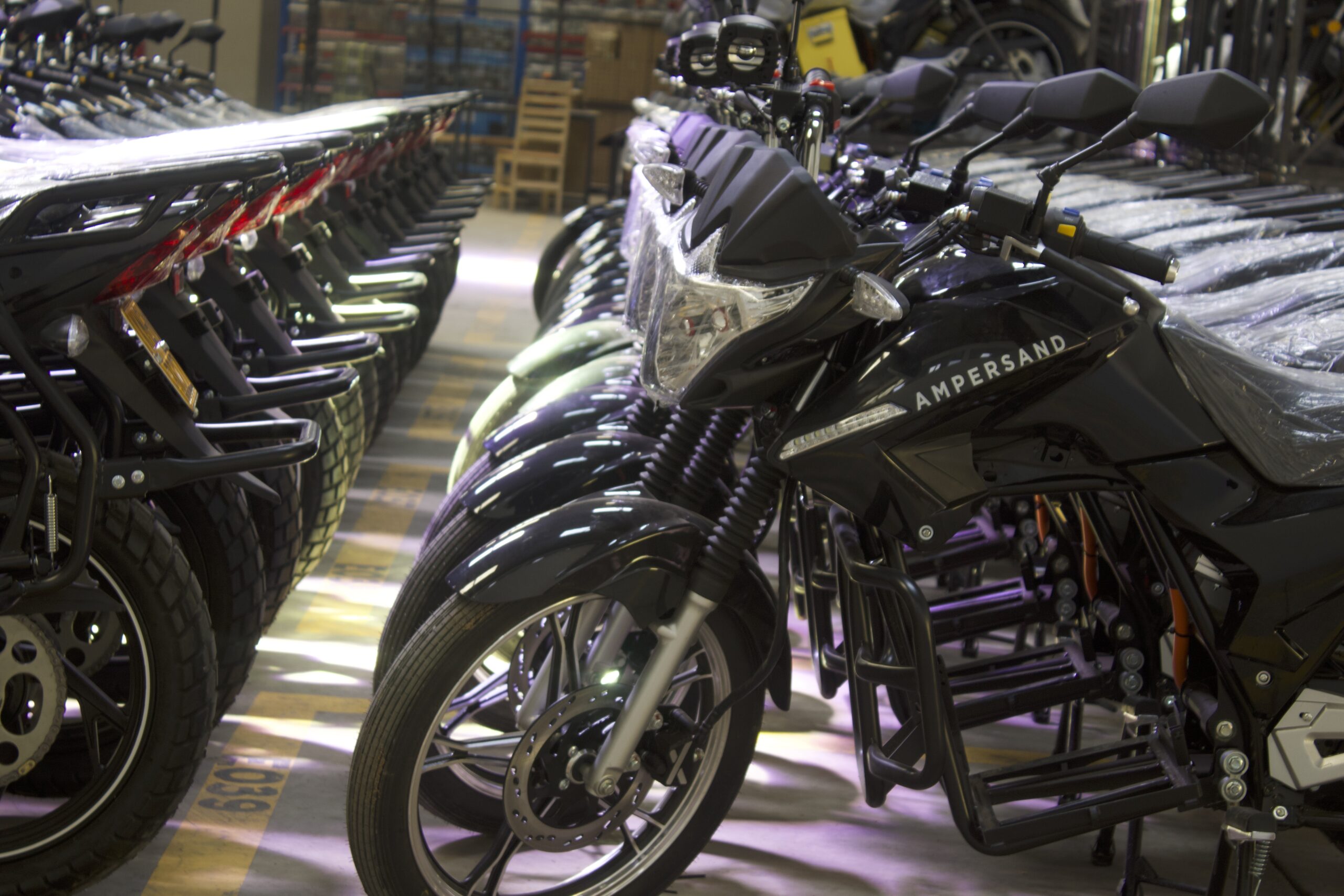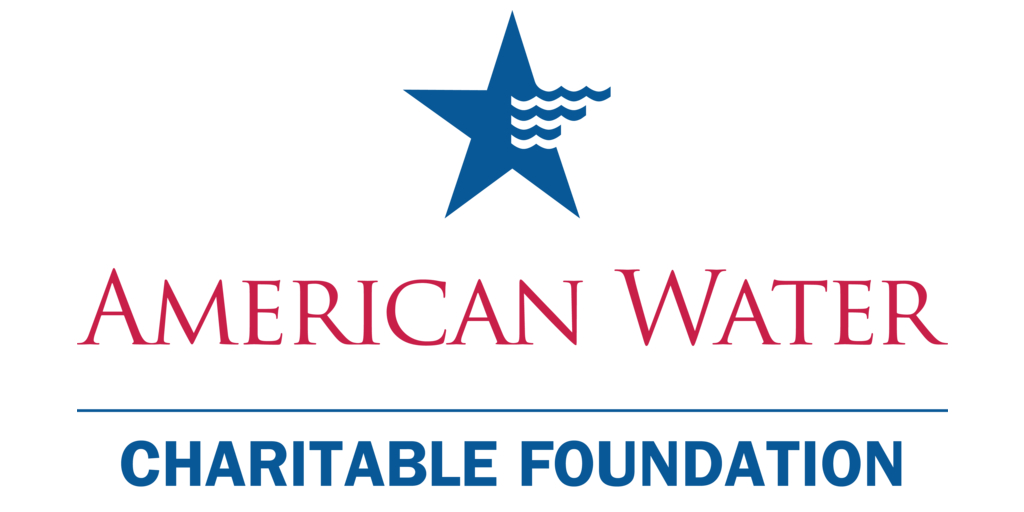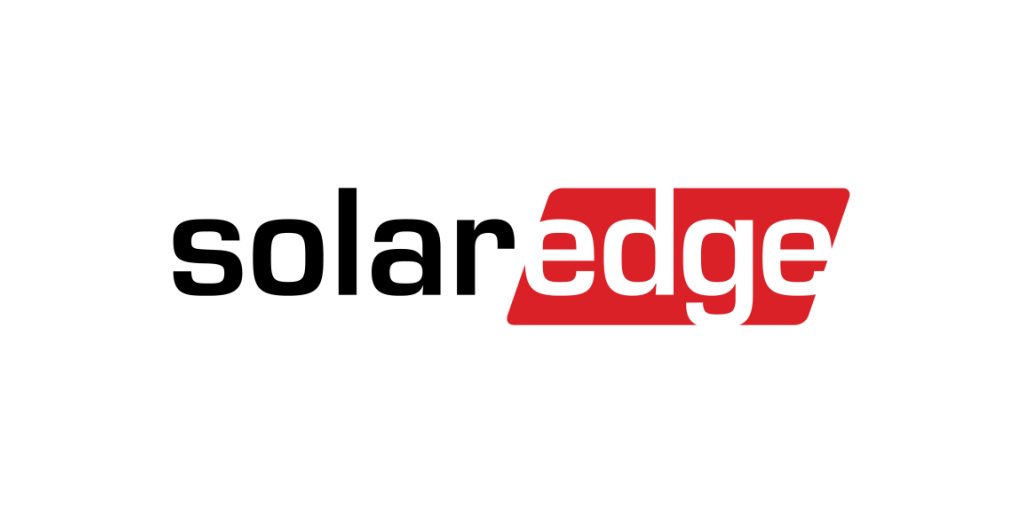
Indigenous groups in the Yukon are challenging the Canadian Supreme Court’s decision to approve BMC Minerals’ Kudz Ze Kayah (KZK) polymetallic mine in the region.
An appeal hearing was held in the Yukon a few days ago, with lawyers representing the Kaska Nation, the territory that is home to the indigenous population and the KZK mine, several Canadian news outlets reported.
Lawyers representing the Kaska Nation argued that the Supreme Court should overturn the project because of a lack of consultation with the indigenous population.
However, this argument could not be considered under the Yukon Environmental and Socio-Economic Assessment Act. Opposing lawyers argued that the Kaska Nation had ‘frustrated’ the consultation process, deliberately not replying or agreeing to meeting requests.
After nearly a year and a half of delays, including a period of potential agreement between BMC and Kaska Nation – the lawyers representing Kaska – challenged the decision to approve the project submitted by letter to the Ross River Dena Council (RRDC) and Liard First Nation (LFN) on the basis of environmental concerns.
The challenge came on 14 June, one day before the KZK mine was set to be cleared for regulatory review in 2022.
Access the most comprehensive Company Profiles on the market, powered by GlobalData. Save hours of research. Gain competitive edge.

Your download email will arrive shortly
We are confident about the unique quality of our Company Profiles. However, we want you to make the most beneficial decision for your business, so we offer a free sample that you can download by submitting the below form
By GlobalData
In January 2024, the Yukon Supreme Court ruled that the official bodies involved in the consultation (Yukon and federal governments, the RRDC, LFN and community members) had mostly met consultation duties.
The only exception was the environmental concerns raised by the Kaska Nation on 14 June.
Another consultation was ordered and has since been completed, leading to the KZK project being approved.
Representatives of the Kaska Nation argued that this consultation included too many restrictions regarding time scales and allowed documents.
Lawyers of the Canadian and Yukon governments said the Kaska Nation were attempting to seek outcomes outside of the consultation.
Marlaine Anderson-Lindsay, the lawyer for Canada’s attorney general, said the Crown’s decision-making bodies studied the economic practicality of the KZK mine, addressing any financial concerns regarding the consultation.
One of BMC’s lawyers explained that the Kaska Nation “had failed to make a connection between economic feasibility and its impact on Aboriginal rights, which they argued is ultimately what consultation is about”.
The KZK mine is reportedly set to cost $617m and will produce 7.8moz of silver, 56,500oz of gold, 235mlb of zinc, 32mlb of copper and 56mlb of lead in concentrate per year.




